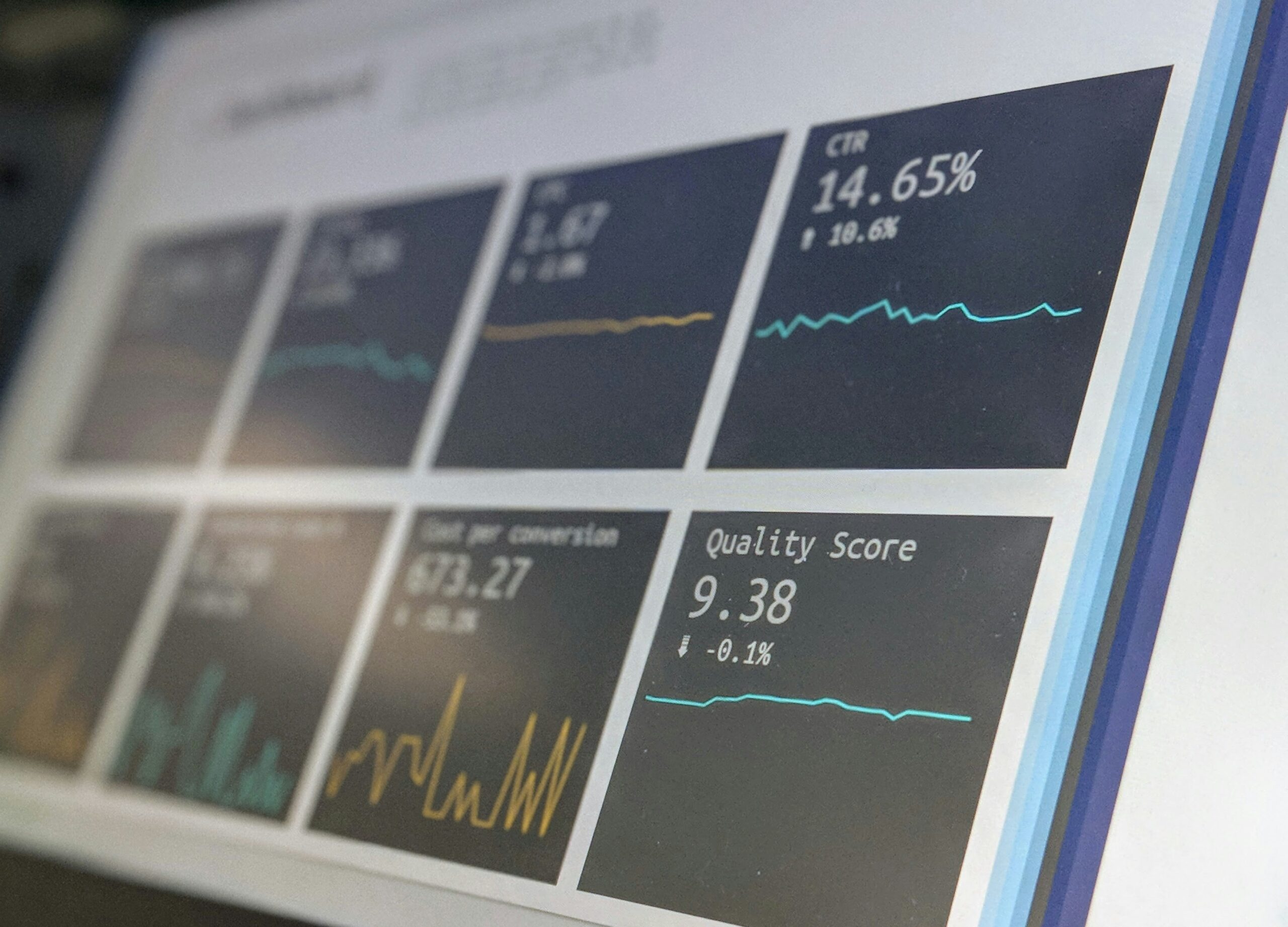Data Quality Management (DQM).
It’s on top of many businesses’ minds. In this AI generation, quality data is proving to be more important than ever. As such, many businesses try to achieve data quality through data quality management tools and practices.
So, what is DQM?
What is Data Quality Management?
According to SAS institute, DQM provides a “context specific process for improving the fitness of data that’s used for analysis and decisions-making”[1] . Essentially, it is a process to ensure that data is reliable and effective, often involving data cleansing tools to remove errors and inconsistencies.
Specific goals of DQM can be broken down into a few categories:
- Validity
- Accuracy and Precision
- Redundancy Erasure
- Consistency
- Timeliness
These serve as the primary measurements of how effective data can be. Through these practices, organizations can feel confident that their data is reliable to use on high level business tools— especially AI supported by cloud AI data integration.
DQM Practices Improve AI
Data makes up the structure of any AI model, so it’s important that this data is high quality.
Defined by Thomas C. Redman in their recent Harvard Review Article, “companies are beginning to realize that, properly managed, data [is] an asset of potentially limitless potential… [and] AI unlocks that potential” [2].
DQM enables AI’s potential through important practices that improve data quality. These include:
Data Profiling
This is the process of examining data to understand its structure and content to identify patterns, anomalies, and quality issues. For AI, data profiling can proactively prevent problems that could hamper a model.
Data Cleansing
Data cleansing tools fix data errors to ensure that it is usable and reliable. When training an AI model, this process prevents the model from using poor data that would hinder it.
Data Standardization
Standardization establishes a normalized format for data values (i.e. standard date formats). In doing so, AI models often have an easier time analyzing data, utilizing it, and providing consistent results.
Data Quality Assessment
Assessment is the process of evaluating data quality dimensions to identify areas of improvement. Data quality assessment ensures that blind spots are filled, and data is improved before it reaches an AI tool.
Data Enrichment
Data is enriched when more context and detail is added via relevant internal and external information. This allows AI models like Language Learning Models (LLMS) to expand and deepen their knowledge base, resulting in more encompassing and nuanced responses.

DQM is Necessary for Reliable AI Data Integration
DQM is crucial to ensure proper business data. However, one of the most important data processes to enable DQM is data integration. Data integration pulls data together across an organization, proving essential for the foundation of a strong AI model
Most organizations understand this clearly.
Yet AI is still failing at an alarming rate.
A Gartner study, used by Venture Beat, found that when AI models failed, a whopping 85% did so because of inadequate data [3].
The culprit of this bad data can often be traced back to inadequate data integration, including poor RESTful API integration or lack of business application integration.
Because data integration is crucial for bringing together relevant data, it is pivotal in enabling DQM. In fact, a 2024 report from KeyMakr found that “89% of businesses face data integration hurdles” [4]. Not so coincidentally, a PR Newswire found that nearly 8 of every 10 businesses struggle with DQM [5].
Together, these statistics point to a trend:
- 89% struggle with data integration
- 80% (roughly) struggle with DQM
- 85% of AI models fail because of poor data
It follows that the success of DQM relies on the strength of data integration. In turn, DQM is closely correlated to the probability of success for an AI model.
Data integration makes up a large part of DQM because the goal of integration is to ensure reliable, accessible, and unified data across an organization. To integrate properly, data integration must also provide the capability to execute many important DQM practices.
So, how do the 11% of businesses that don’t struggle with integration find success? Often, the answer lies in data integration tools.
Kore Integrate – The Data Integration Platform to Help Your Business with DQM
When choosing a data integration platform to improve your Data Quality Management, Kore Integrate is a trend-setting product.
Its features are designed to integrate data between Rocket U2 (UniData/UniVerse) or ODBC data sources to Microsoft SQL Server, providing DQM as a result of the process.
These features include:
Quick Start Workbench
This feature helps provide data profiling by identifying gaps and inconsistencies that could affect data quality, allowing for a proactive approach to providing quality data for AI.
Kore SQL Error Management (KSEM)
KSEM provides consistent data quality assessment by continuously monitoring, logging, and identifying data errors. This allows areas of improvement to be identified which can improve the functionality of your AI.
ETL (Extract, Transform, and Load)
The ETL process allows for both the utilization of data cleansing tools and standardization by transforming data into standardized, high-quality datasets. Especially through the transformation stage, data will become uniform and error-free before reaching the source used by an AI model.
Translation Tables
As an important step in the ETL process, translation tables are useful to provide data enrichment (and standardization). This is done by allowing users to design a system that fills missing fields and translates existing fields for a harmonized and consistent view of data.
Conclusion
Through comprehensive DQM practices and effective data integration tools, you can improve the operations of your business and the functionality of enabled AI. By choosing Kore Integrate, you can ensure that your AI model is a success with quality data and reliable integration.
References:
[1] Bauman, John. “Data Quality Management What You Need to Know.” SAS. Accessed November 23, 2024. https://www.sas.com/en_us/insights/articles/data-management/data-quality-management-what-you-need-to-know.html#:~:text=Data%20quality%20management%20provides%20a,and%20more%20complex%20data%20sets.
[2] Thomas C. Redman, “Ensure High-Quality Data Powers Your AI,” Harvard Business Review, August 12, 2024, https://hbr.org/2024/08/ensure-high-quality-data-powers-your-ai
[3] Reisner, Sharon. “Why Most AI Implementations Fail, and What Enterprises Can Do to Beat the Odds | VentureBeat.” VentureBeat, June 28, 2021. https://venturebeat.com/ai/why-most-ai-implementations-fail-and-what-enterprises-can-do-to-beat-the-odds/
[4] Pokotylo, Paul. “Challenges in Maintaining Data Quality.” Keymakr, August 26, 2024. https://keymakr.com/blog/challenges-in-maintaining-data-quality/
[5] Ataccama, “Data: Nearly 8 in 10 Businesses Struggle with Data Quality, and Excel Is Still a Roadblock,” PR Newswire: press release distribution, targeting, monitoring and marketing, April 7, 2021, https://www.prnewswire.com/news-releases/data-nearly-8-in-10-businesses-struggle-with-data-quality-and-excel-is-still-a-roadblock-301263583.html



